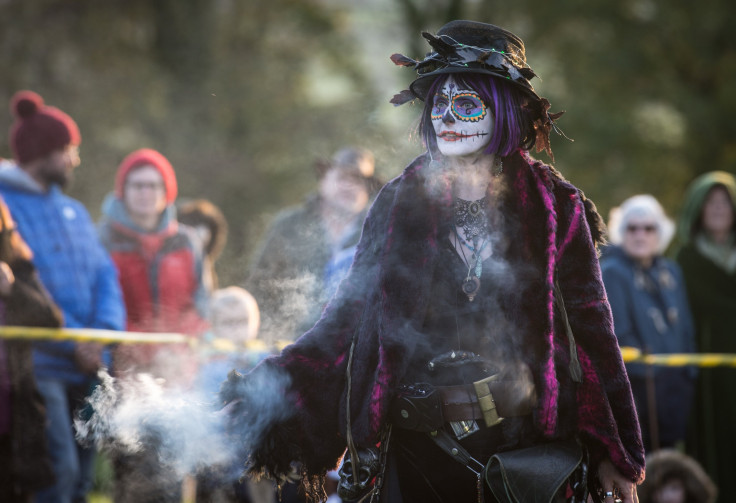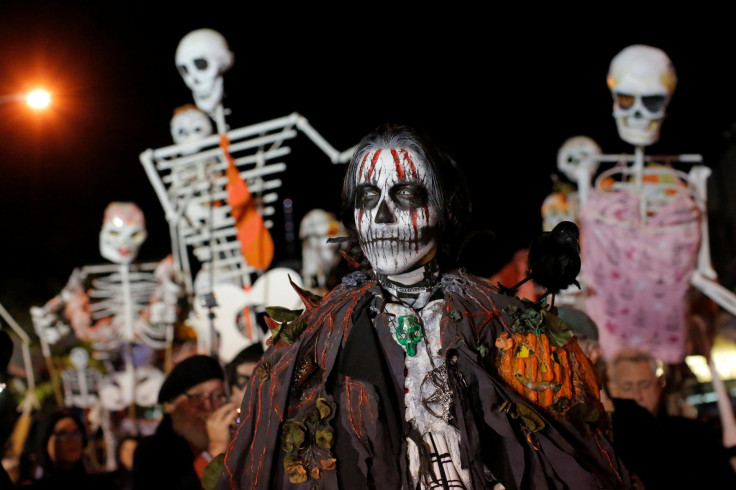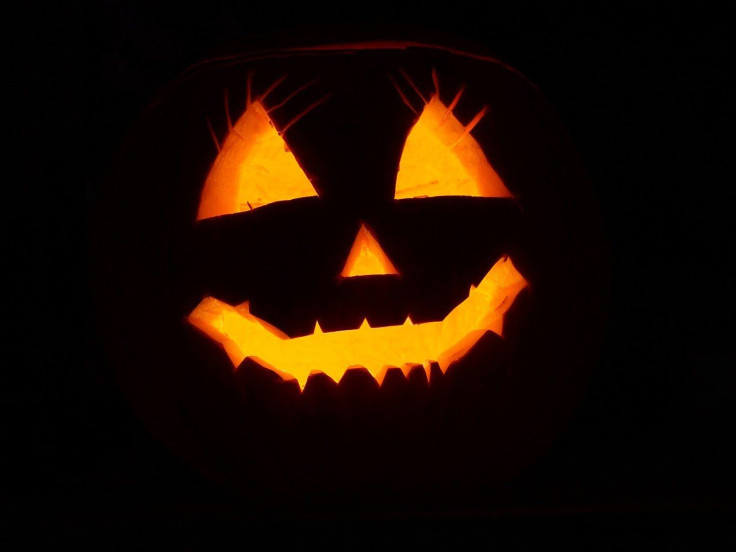Is Halloween A Pagan Holiday? Samhain Origin, Rituals, Traditions Revealed

KEY POINTS
- Halloween is believed to have partially developed from the ancient pagan festival Samhain
- The Nov. 1 event marked the world of the gods becoming visible to mankind
- Sacrifices were offered during the "end of summer" festival to gain protection
With its festive atmosphere as well as its association with costumes and trick-or-treating, some may find it hard to believe that Halloween traces its roots to a ritual that aimed to protect mankind from the gods.
Halloween's Ancient and Sinister Origins
While Halloween seems to have developed mostly from Christian feasts of the dead in the Middle Ages including All Saints' Day and All Souls Day, the Oct. 31 holiday is also believed to have partially evolved from the ancient pagan festival Samhain, which is the Gaelic word meaning the "end of summer."
Samhain, which was observed on Nov. 1, was one of the most important and sinister calendar festivals of the year in the religion of the ancient Celts, a group of European peoples with a common ethnic, cultural and linguistic heritage that lived in the Iron Age.
During Samhain, "the world of the gods was believed to be made visible to humankind, and the gods played many tricks on their mortal worshippers," according to the Encyclopedia Britannica.
The festival was supposedly "fraught with danger, charged with fear and full of supernatural episodes."
"Sacrifices and propitiations of every kind were thought to be vital, for without them the Celts believed they could not prevail over the perils of the season or counteract the activities of the deities," Britannica explained.

Halloween's Evolution and Spread
The practices of Samhain evolved over time with the spread of Christianity and the Catholic church, according to Time.
As All Saints' Day ended up coinciding with Samhain, the former adopted the latter's bonfires and costumes that reflected the spiritual as well as the otherworldly.
However, differences between the two events also appeared, such as Samhain's offering of food and goods to gain protection from spirits and ancestral ghosts changing to offerings of food and drink to the poor for All Saints' Day.
The day before All Saints' Day, known as All Hallows' Eve, or what would eventually turn into Halloween, later became more popular in secular culture than the celebration that it preceded.
European immigrants to the United States in the 19th century brought Halloween customs with them and helped popularize the holiday.
The celebration of Halloween in much of North America and Europe is still largely nonreligious today.
Now, people no longer have to offer sacrifices to be protected from the gods, and Oct. 31 is instead celebrated with pranks, parties, costumes and pumpkin carving.

© Copyright IBTimes 2024. All rights reserved.





















